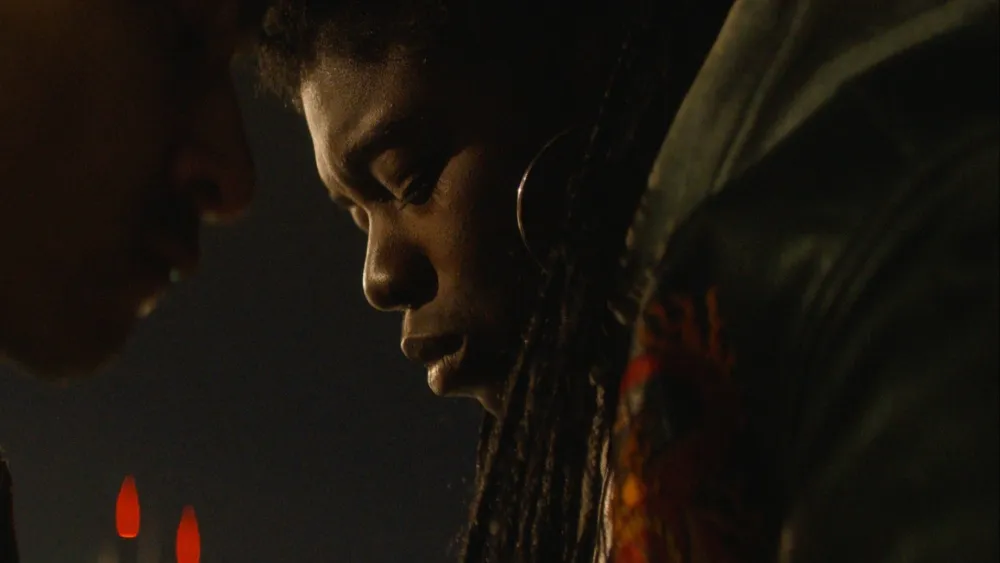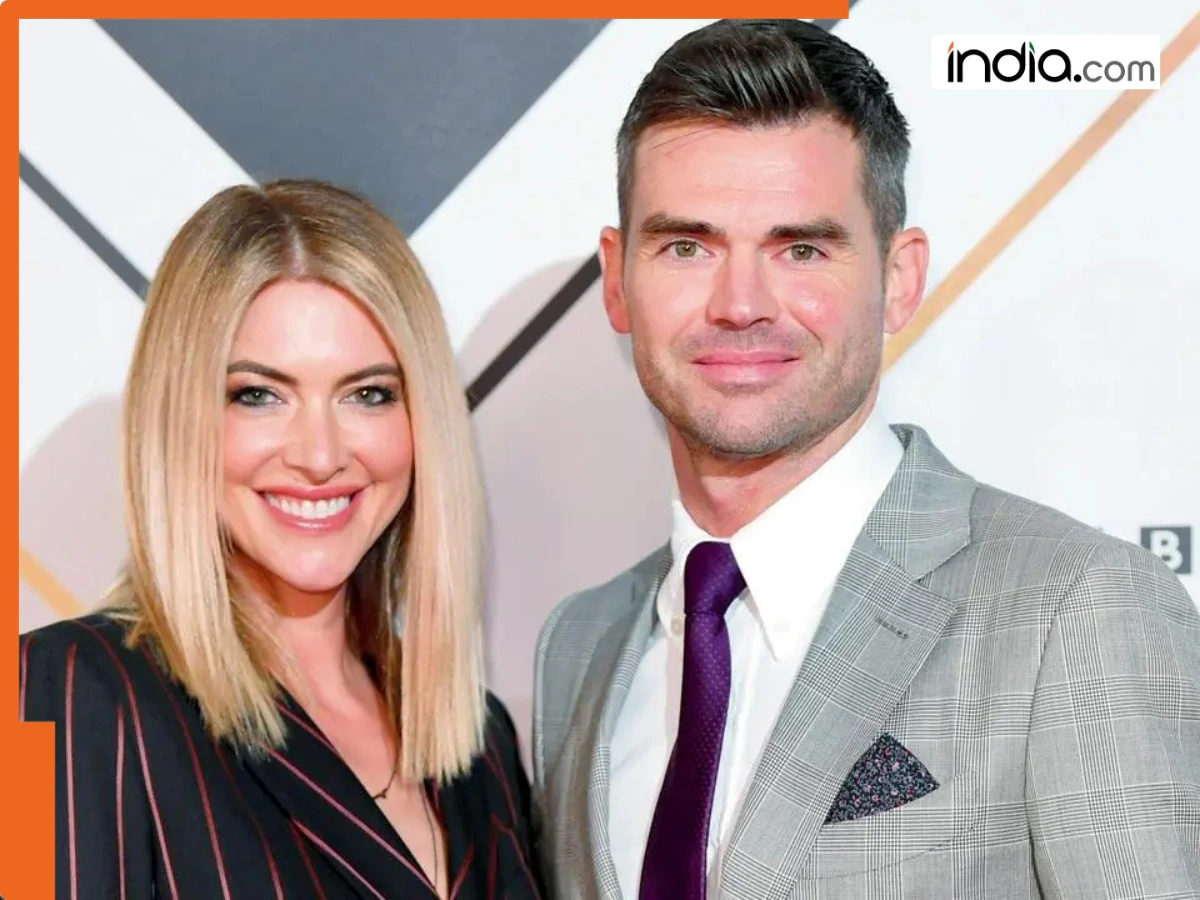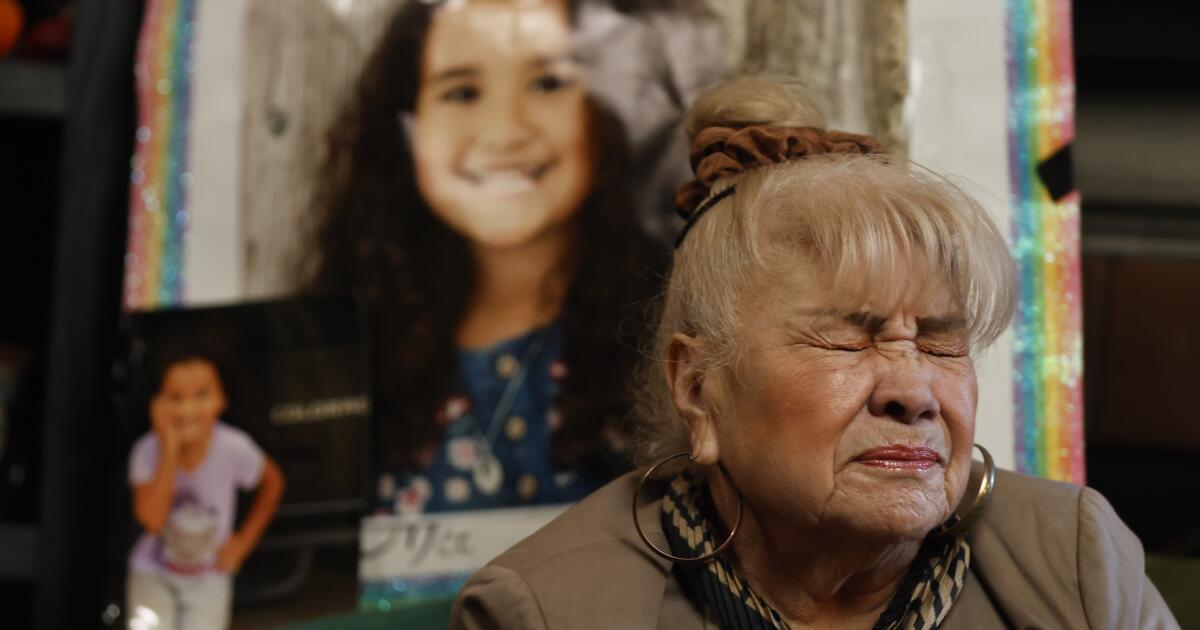Copyright Variety

Francesca Vantaggiato is attending the Cairo Intl. Film Festival with her recently launched sales outfit, Visionär Films, whose slate includes Ali Tamim’s “Noah.” The film has its world premiere in Cairo’s International Panorama section on Nov. 18, and Variety debuts the trailer, below. Vantaggiato has partnered with Nesligül Satır on Visionär Films, which launched earlier this year. Both previously worked at the Visionär Film Festival, and at the Berlin arthouse sales company ArtHood Entertainment. Visionär focuses on arthouse films by emerging filmmakers, and is also repping four creative documentaries: “The New Jews” (Germany) by Amir Ovadia Steklov, about a group of non-Zionist Israeli Jews in Berlin; “Aurora” (Brazil, Portugal, France) by João Vieira Torres, charting his search for his relatives in Brazil; “Social Landscapes” (Switzerland) by Jonas Meier, contrasting online travel reviews with real locations; and “Almost Forever” (Sweden, Finland) by Lia Hietala and Hannah Reinikainen, about a group of young friends filmed over a five-year period. “There are still a small number of distributors interested in art house films, who strongly believe in their projects,” says Vantaggiato. “We don’t have any geographical limit for our choice of films. The Middle East and North Africa region is producing some great flms and personally, I always keep an eye on Latin America. There are some countries, such as Chile, that have amazingly talented directors, where you always sense a political necessity to tell their stories. For our films, we try to get a world premiere at a top festival and then develop a good festival run that will further raise visibility for the film.” Tamim’s “Noah” chronicles the aftermath of the death of an Arab man during a police operation in Berlin, following two Afro-Germans, a Turkish police officer and the Arab man’s mother, in a tale about racial prejudice and survival. Tamim explains to Variety that the themes explored in the film were inspired by his own experiences as a Palestinian brought up in Berlin. His parents moved to the German capital from a Palestinian refugee camp in Lebanon, after the outbreak of its civil war. “Since I was a little kid, everybody told us that Palestinians are bad people and that we have no existence. That we’re just Arabs, because there is no Palestine. Teachers told us that. I always thought, so if I’m not Palestinian and I’m not German, who am I? This question led me to make ‘Noah’ many years later. The film is basically about the struggle for self-empowerment – to say ‘I’m someone, I’m worthy.’ I didn’t want to make it about Palestinians because that would make it very hard to get funded in Germany.” The director chose the title “Noah” because of the strong biblical themes underpining the narrative, including a quote from Moses – “I have become a foreigner in a foreign land.” “I am very happy to show this movie as a world premiere in an Arab country,” he explains. “Firstly, because Arabs will understand the nuances of the movie better, like the scene of washing the dead son and the mother’s praying in the beginning. But above all I made the film for people who live in foreign countries and feel that they aren’t part of the society: for people like me.” Reflecting on his family roots, Tamim says that he’s pessimistic about prospects for peace in Gaza, “I think that so much damage was done to the Palestinian people in Gaza. I can’t imagine how they can forget this. They have so much trauma.” Nonetheless he aims to convey a message of hope through his film. “I don’t want the main characters to lose. I want spectators to feel that we won at the end.” Tamim has won prizes for previous shorts and also received the German Screenplay Award for “Noah,” which is his graduation film from his master’s degree in film directing at the Film University Babelsberg. Shot on a budget of around €100,000 ($116,000) the pic was produced by Schuldenberg Films. “ ‘Noah’ explores racial tensions in Berlin where there is a high level of immigration, dating back to the end of the second world war,” concludes Vantaggiato. “The film resonates with the spirit of the city. Nesligul and I both have immigrant backgrounds. I’m Italian, she’s Turkish. After the second world war Germany invited many Turkish and Italian people as guest workers to rebuild the country, probably with the plan that they would leave at some point, but it didn’t go this way … the rest is history.”



